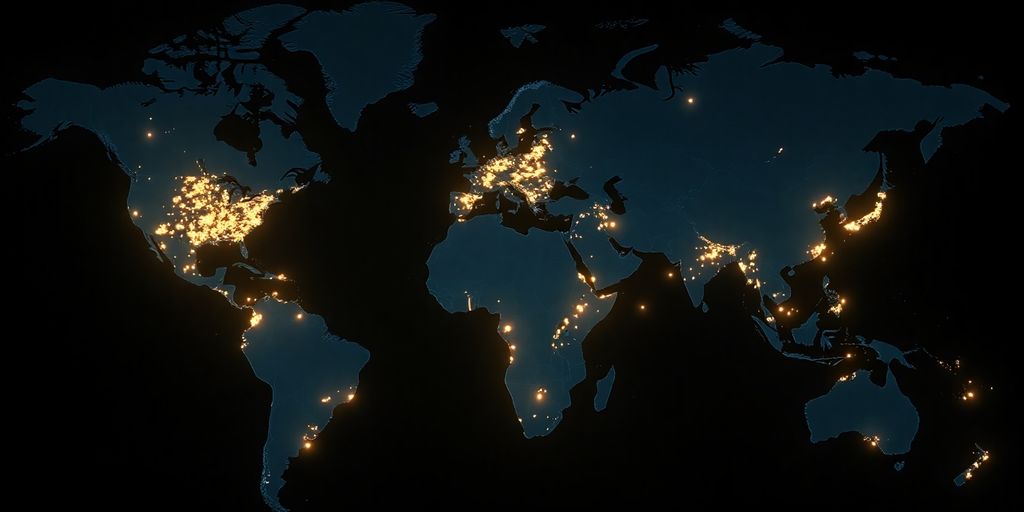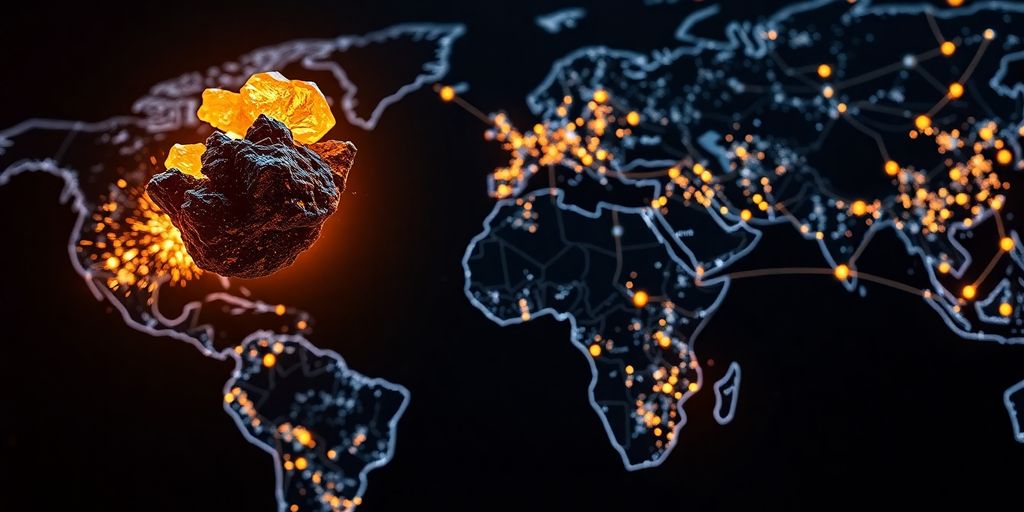China's Rare Earth Dominance: Export Controls Reshape Global Supply Chains
Explore China's tightening control over rare earth exports, its global impact on industries, and international efforts to diversify supply chains.

Global supply chains for critical minerals are facing significant disruption as China tightens its grip on rare earth exports. This has triggered alarms among major economies, particularly in the automotive and defense sectors, prompting urgent efforts to diversify supply and reduce reliance on Beijing.
China's control over approximately 95% of global rare earth production has become a focal point of international concern. Recent export restrictions, including a ban on a wide range of rare earths, alloys, and magnets, have sent shockwaves through industries reliant on these essential materials. Automakers in Germany and India have warned of potential production delays and outages, highlighting the vulnerability of global supply chains.
The United States and its allies are intensifying efforts to secure alternative sources of rare earths and bolster domestic processing capabilities. The US has been lobbying countries like Greenland to prevent the sale of rare earth developers to China. Simultaneously, efforts are underway to establish the US as a hub for critical mineral processing, with states like Oklahoma striving to lead the charge.
Russia also harbors ambitions in the rare earth sector, aiming to become a top five global producer by 2030. Despite having significant reserves, Russia faces challenges such as low domestic demand and strong competition from China. The country's rare earth industry is largely state-controlled, with Rosatom spearheading development efforts.
The automotive industry is particularly exposed, with components like electric vehicle motors, sensors, and power steering systems heavily reliant on rare earth magnets. Companies are already taking steps to mitigate risks, including increasing inventory levels. China's recent issuance of rare earth magnet export permits, however, has provided some relief, though concerns about opaque licensing schemes persist.
Chinese companies like Shenghe Resources are actively participating in the global market, with Shenghe Resources planning to acquire Australia's Peak Rare Earths. Despite facing potential impacts from US trade tariffs, Shenghe Resources has indicated that its diversified supply chain will minimize disruptions. The situation underscores the complex geopolitical and economic landscape surrounding critical minerals, with a clear global push towards supply chain resilience and reduced dependence on any single nation.

Explore China's tightening control over rare earth exports, its global impact on industries, and international efforts to diversify supply chains.

Explore how China's rare earth quotas and export policies are reshaping global markets and supply chains, impacting industries from automotive to defense.

Saudi Arabia and the US are discussing a critical minerals deal to reshape global supply chains, aligning with Saudi's Vision 2030 and the US's strategy to reduce reliance on foreign mineral sources.
We're just a bunch of guys mixing up market news with our own brand of banter, giving you the lowdown on stocks with a twist at Walk The Street Capital.